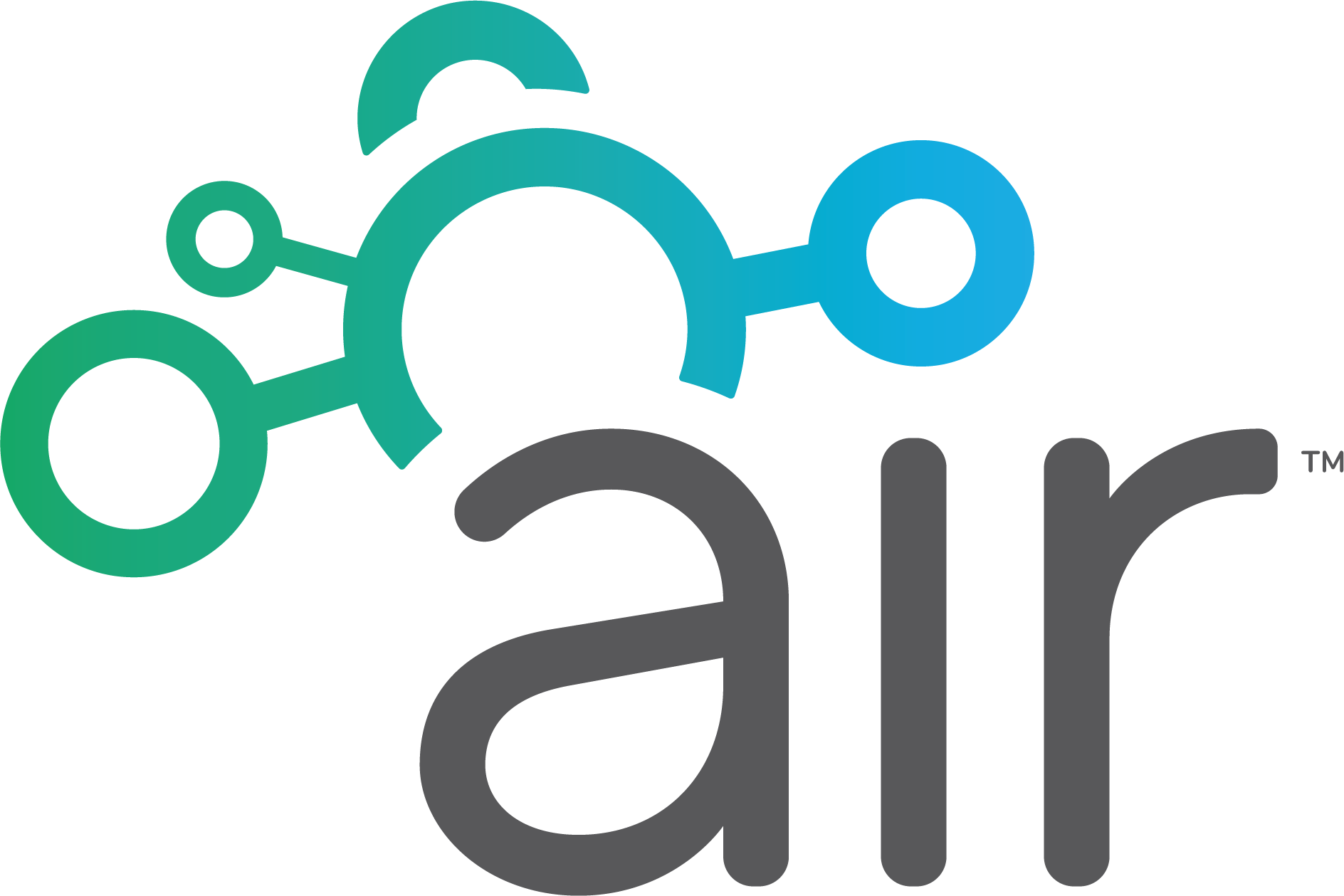leaders in mental fitness
When it comes to building resilience, we’re the complete package.


Our programs leverage internet-based Resilience Training (iRT) to improve mental health & performance.
Deep Expertise
Dr. Kinley’s practical experience and research into the neurobiology of resilience is the inspiration behind AIR. During her 10-year career in family medicine, she noticed patients were seeking quick fixes to complex psycho-social problems. This led her to change her course to psychiatry. Dr. Kinley’s psychiatric training and service in the United States during Columbine and 9/11 heightened her interest in relational trauma and resilience. Dr. Kinley is an Associate Professor in Psychiatry at Dalhousie University, serving both as a clinical director and researcher. Her research program studies the neurobiological impact of trauma and resilience. Dr. Kinley’s clinical experience and key research findings have informed the development of our comprehensive framework.

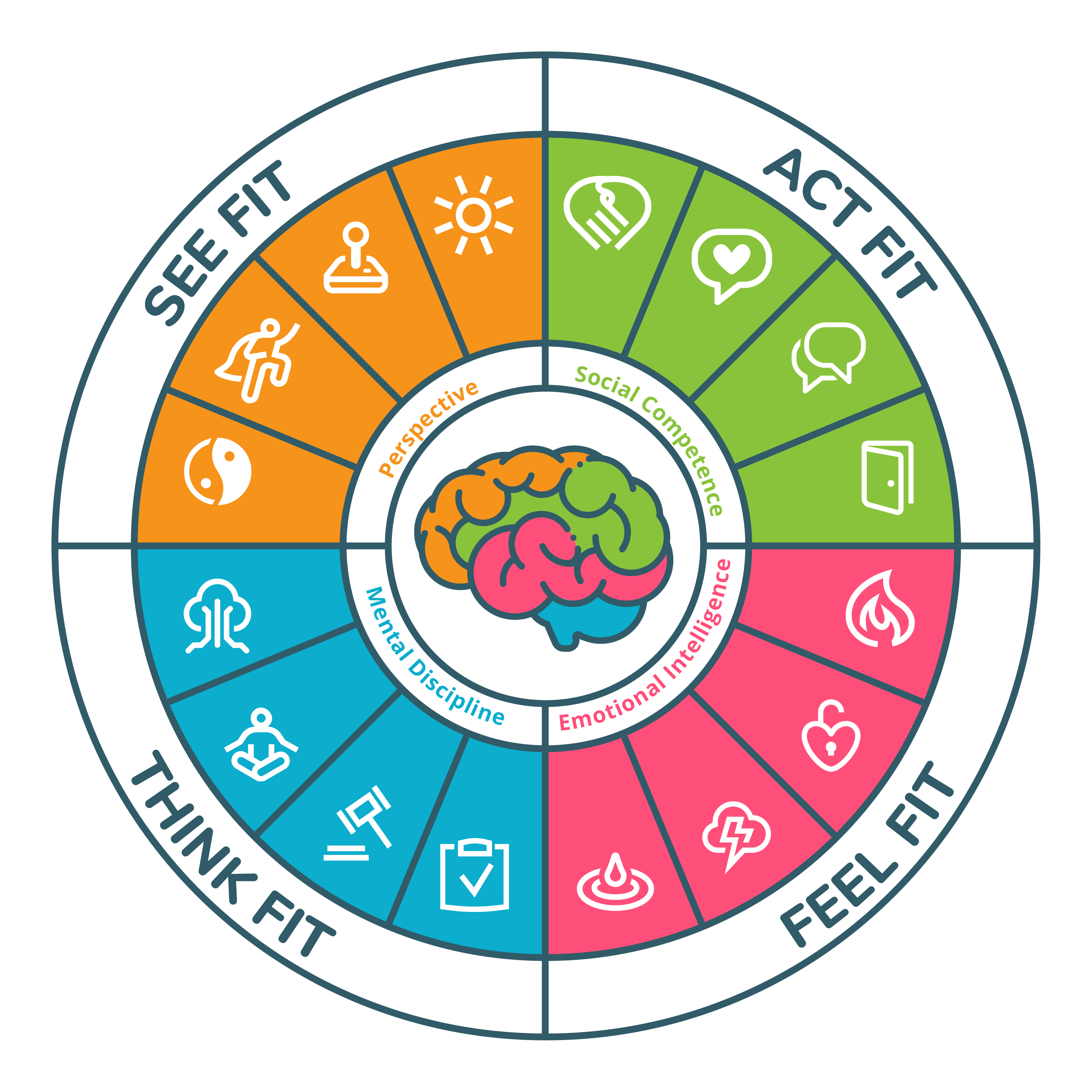
A Theoretically Grounded Resilience Framework
Developed through Dr. Kinley’s research and experience, our Be Fit Framework is a theoretically grounded construct. Our Framework makes mental resilience easy to understand. It is a comprehensive and actionable Framework that underpins our products and services.
The premise behind the Framework is simple: If you SEE, THINK, FEEL and ACT FIT you will BE FIT.
Each of the domains delineates further into four factors each. All factors are associated with resilience, mental health, wellness, and performance.
A Health Risk Assessment (HRA) that doesn’t screen or discriminate
The Functional Resilience Question-AIR is a validated 64 item HRA that measures resilience. It identifies key resilience strengths and growth opportunities.
The assessment provides development recommendations based on the 16 factors from our theoretically grounded Be Fit Framework.

An Evidence-Based Curriculum
We all have the capacity to be resilient – but we don’t all have the tools we need to reach our potential. That’s where our evidence-based curriculum comes in.
Our curriculum is comprehensive and based around our Be Fit Framework. There are 16 “mental muscles” with 48 skills that can be learned and developed with practice.
All skills are informed by research and best practices.

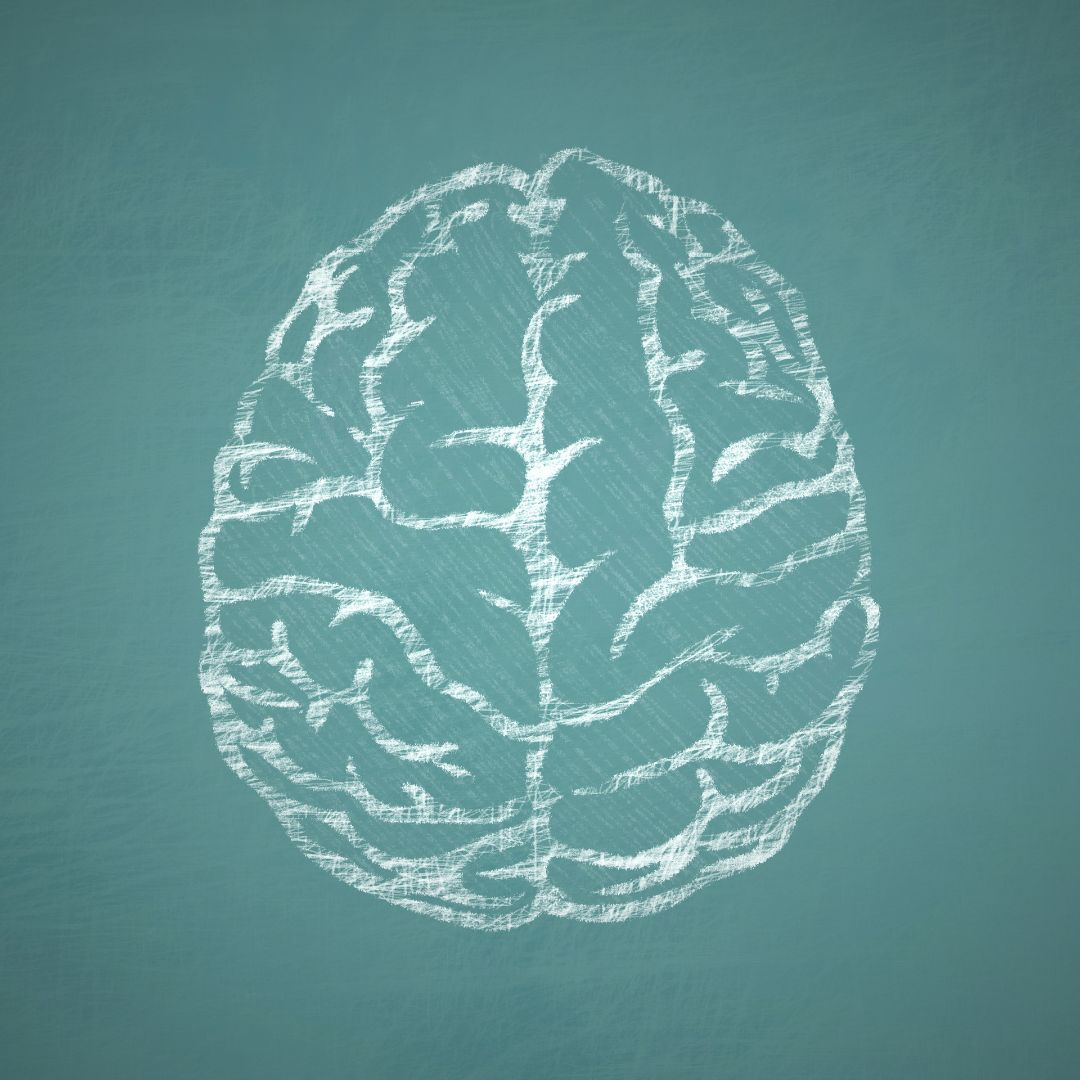
Rooted in Neuroscience
Our Be Fit Framework and curriculum is rooted in neuroscience.
The domains of the Framework target interconnected brain networks, such as the association cortex, amygdala, brain stem, central executive network, limbic system, default mode, mirror neuron system, and dorsolateral prefrontal cortex.
We also leverage the science of neuroplasticity. At the right levels, stress promotes the growth and development of the brain. Our curriculum is designed to create conditions that are optimal for positive neuroplastic change. We call this approach mental fitness.
Mental fitness is fundamentally proactive and optimistic. You have the capacity to physically change how your brain is wired by repeatedly interrupting old patterns and replacing them with new, more adaptive patterns of thinking, feeling, and behaving.
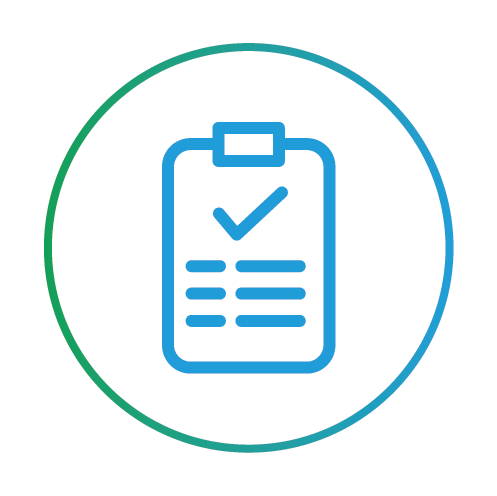
Validated
The FRQ is an accurate measure of resilience.

Reliable
The FRQ is a consistent measure of resilience.
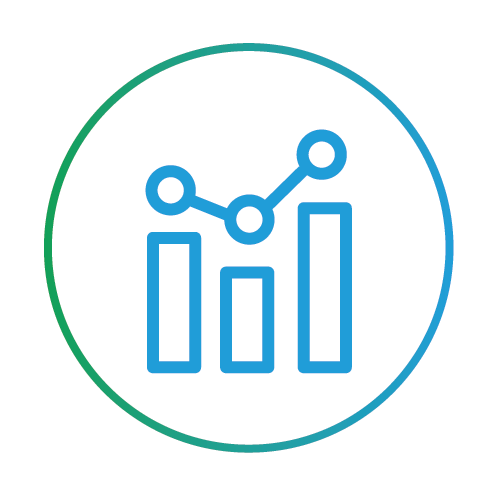
Predictive
The FRQ predicts health outcomes.
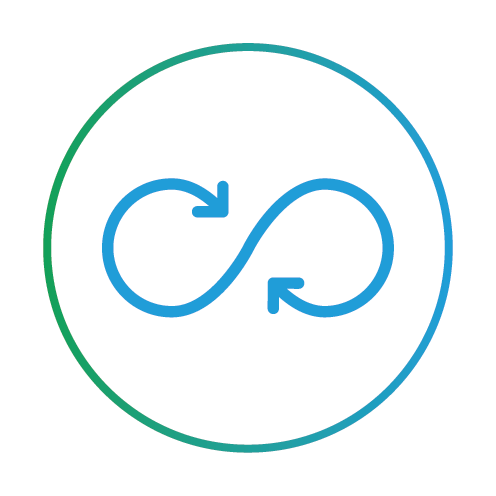
Comprehensive
The FRQ is a holistic approach to mental fitness.
How is Our Assessment Used?
The Functional Resilience report provides scores in global resilience, the four cornerstone scores, and each of the 16 key resilience factors.
Applications of the FRQ include:
Individual Report – Establish a starting point from which to build your mental fitness. Your resilience report provides you with deep insights regarding your psychological strengths and growth opportunities.
Team Report (WeFIT™) – Assess and determine your team’s resilience training needs. Your team report gives a profile of your team’s strengths and collective growth opportunities.
Leadership Report (LeaderFIT™) – Assess how well you strategize, realize, mobilize and engage with others.

The Resilience Effect

Improved Psychological Safety
Our training programs have proven effective in increasing psychological safety by 39%, resilience by 22%, and civility by 9%.

Alleviated Stress, Anxiety, & Depression
Post-training measures reveal our participants experienced a 60% reduction in depression and 31% decrease in stress.
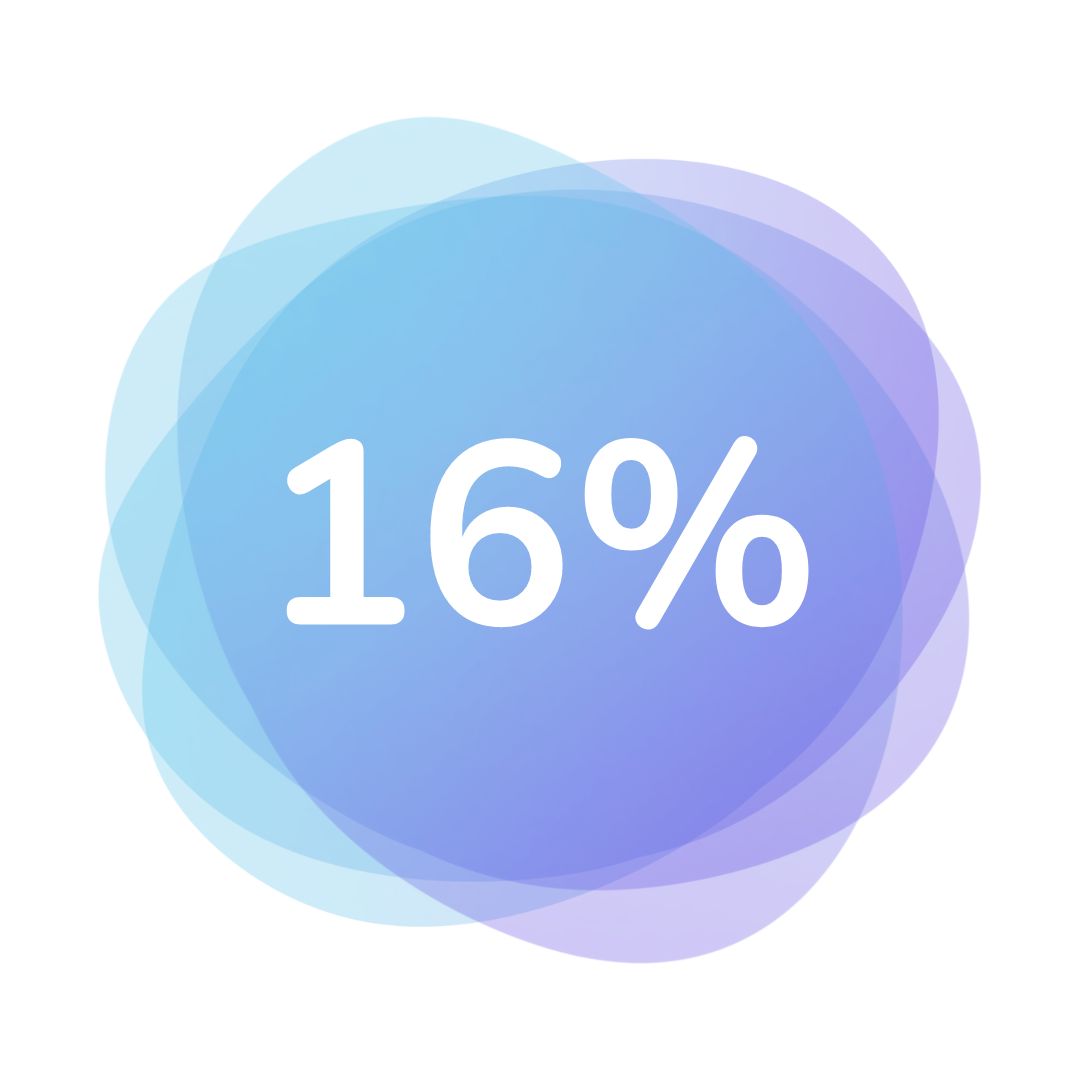
Elevated Engagement
Participants who completed our training program reported a 22% decrease in burnout and 16% increased engagement.
Additional Resilience Indicators and Resources
The Adapted Advantages Inventory (A2ITM)
The A2I helps you gain powerful insight into your adapted tendencies and preferences, driven by deep unconscious bias and beliefs. Once recognized, you have powerful insights and critical choices.

BESAFETM at Work Assessment
Resilient teams thrive on radical authenticity. Security and connection matter. Get critical insights into your employees perceived level of psychological safety at work.

OrgFITTM
Evaluate and enhance your psychological capital with a measure of key resilience behaviours across all 3 levels of your organization: Employees; Teams; and Leadership.


